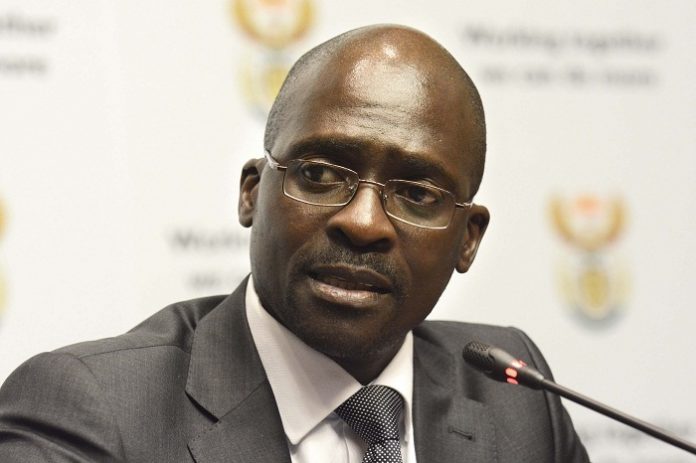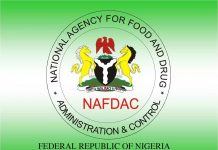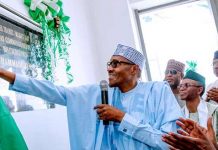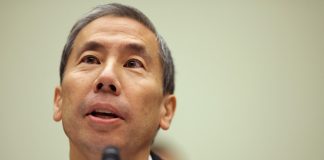The mood of millions of South Africans was undoubtedly high when Cyril Ramaphosa succeeded Jacob Zuma as President of the country, two weeks ago. But the new administration is set to review a system that has been running since the death of apartheid in 1993. The Finance Minister, Malusi Gigabi, has announced an increase in the country‘s Value Added Tax, VAT.
Delivering the Budget speech to parliament last Thursday, Mr. Gigaba described it “as a tough but hopeful budget” as he announced that VAT on sales would rise by 1 percentage point to 15 percent. He explained the reason, “We have not adjusted VAT since 1993, and it is low compared to some of our peers. We therefore decided that increasing VAT was unavoidable if we are to maintain the integrity of our public finances”.
Analysts say that the increase coupled with adjustments to income tax brackets, will raise about 36 billion rand ($3 billion) for the public purse in 2018-19. Some feel however that the new policy could hurt the ruling African National Congress, ANC, which has a large electoral base of poor and black middle-class, especially as the 2019 elections approach. But the Finance Minister was upbeat, “The current zero-rating of basic food items will limit the impact on the poorest households,” he said.
Social grant benefit payments to the poorest South Africans would also increase above the rate of inflation, he said, to mitigate the impact of the VAT hike. Mr. Gigaba also said that duty on luxury goods would increase by 2 percent to 9 percent while tax on alcohol and tobacco products would rise between 6 and 10 percent.
Reports said the South African economy was really burdened during the tenure of Jacob Zuma. For the larger part of the nine years, it experienced weak growth, increasing national debt, poor local and foreign investments, and unprecedented unemployment rate.


















